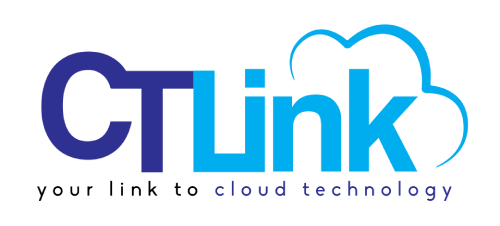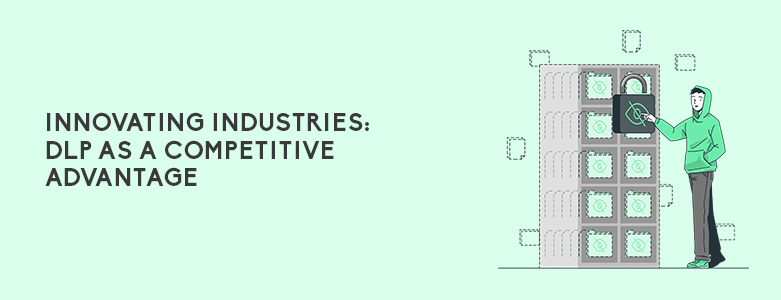As we continue to evolve technologies to benefit businesses, the data accumulated throughout the years only becomes more valuable. Therefore, it is becoming more important to secure it from internal and external threats. It is easier said than done as the amount of data to protect is always increasing as a business grows. Another point of consideration is every industry and individual business will have its own unique use cases when it comes to protecting data.
This is where Data Loss Prevention (DLP) solutions like Forcepoint can help extend security for businesses, no matter the use case. Below are a few use cases from different companies in different industries that were able to improve their DLP with the help of Forcepoint:
Use Risk Profiles to Improve Security Policies
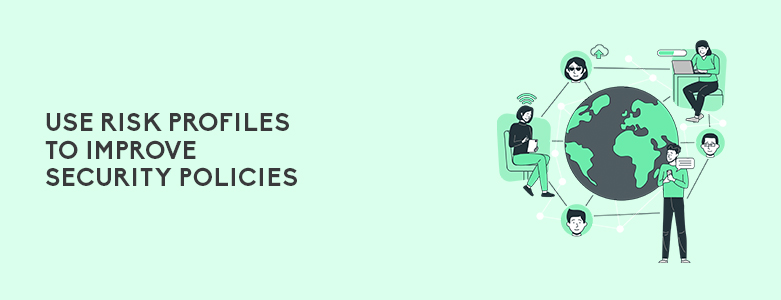
Businesses that run on a global scale or have multiple branches have the unique use case of geographic risk in securing data. Depending on the location, some regions can be at higher risk of intellectual property to be targeted through corporate espionage. This is where Gebauer and Griller, a leading manufacturer of cables and wires, started facing this challenge when they began to go global.
After exploring the multitude of different DLP solutions, they ended up settling with Forcepoint. This was due to its out-of-the-box policy setting that allowed for discovery and protection for unique data types fit their security requirements perfectly. They now can adapt its policies to counter specific threats a region presents. Allowing their IT team, a stricter control over content attached to emails or accessed via the web or cloud.
Secure Data on the Go
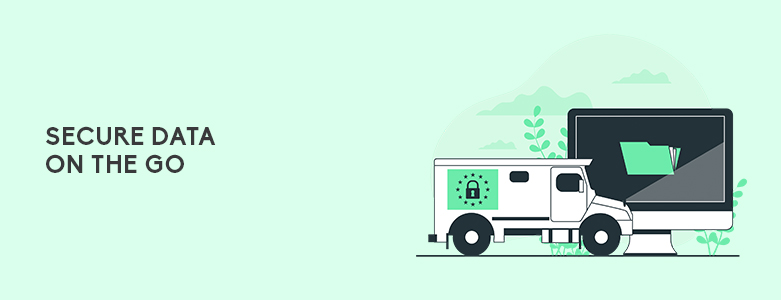
Data is no longer static, meaning that people are not just accessing it from the office but are increasingly accessed outside the office. Sensitive data like architectural designs or medical records can be viewed at home or even while on the way to a client. This was the situation for Grupo Gentera, a financial institution serving the underbanked of Mexico.
As the largest microfinance bank in Latin America, it has almost 15,000 working on foot to sign up customers and process loans. They have stated that four out of five of their employees would use a mobile device to do so. This is what led them into deploying DLP for their endpoints to assure that policies extended coverage to lost devices, insider threats, and other potentially unusual instances. They were able to see an immediate impact as they were able to stop dozens of incidents after deployment.
Safeguard your Business from Dynamic Risks
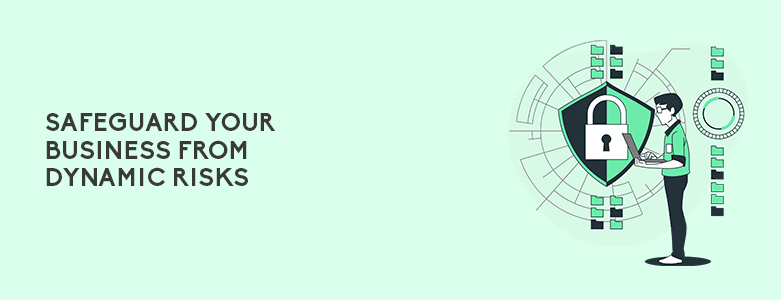
Within one company, it is possible to encounter different use cases that may need different solutions to provide better data security. This is where Risk Adaptive Protection is needed to help companies adjust policies by using context to determine if an incident needs investigation. An example of this would be a case from Communisis, an integrated customer communications agency. Their departments handle different customer data like creative design and customer data for targeted adverts.
Applying the same unified policies to each department in this example would not work as the risk profiles of each are drastically different. How they were able to solve this was by using DLP in conjunction with other solutions to fit each department’s security needs. This helped Communisis keep it data secure without compromising any of the department’s operation or user experience.
To learn more on the different ways DLP can seamlessly integrate and secure your data, please email us at marketing@ctlink.com.ph!
